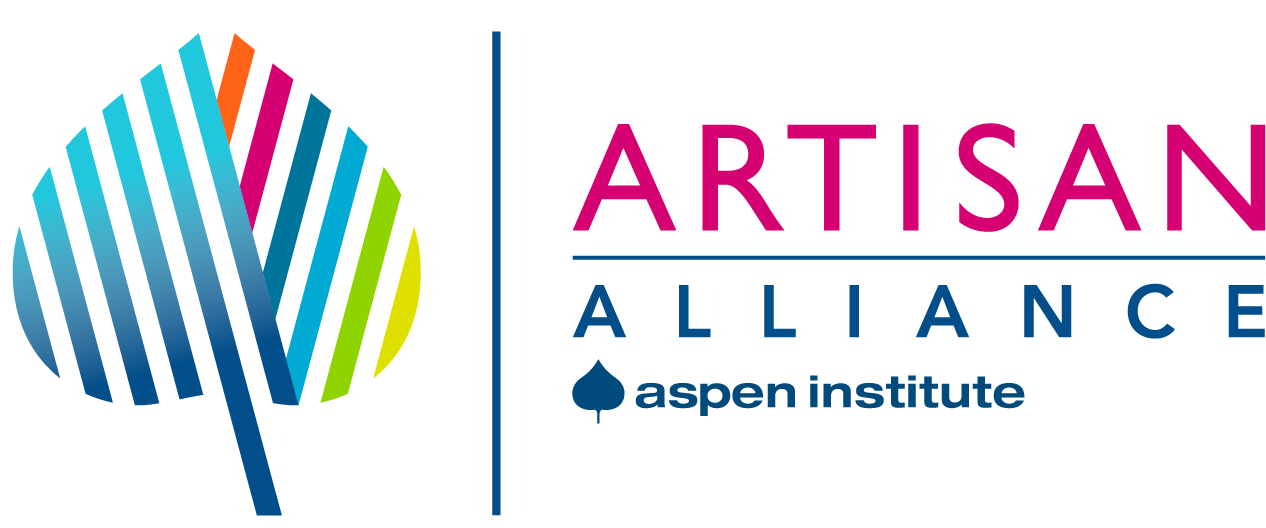PPE Grant Fund & Producer’s Coalition
SWEP employees sewing masks in SHOFCO’s Kibera, Kenya workshop
The crisis posed by COVID-19 requires everyone, everywhere, to step up to meet the challenge in any and every way they can. We face two acute problems—artisan producers in much of the developing world are out of work and cannot sustain their families due to country lock downs while at the same time we face an urgent need for PPE (personal protective equipment) for citizens and health workers in countries across the world. This presents a special opportunity and promise which can meet real needs: to reconfigure small scale textile manufacturers into PPE producers.
In response to this, the Artisan Alliance partnered with artisan organizations to establish a PPE Grant Fund and Producer’s Coalition to enable producers to expand their PPE manufacturing capacity, to retrain artisans to make PPE, and to employ artisans in preparation and response to the COVID-19 crisis in the developing world.
This transformation has already begun to happen quickly and with success. To date, PPE Grant Fund partners have employed close to 700 artisans, producing over 500,000 PPE of different types, and PPE demand is consistent and growing. Below are some of the Artisan Alliance’s partner organizations in the PPE Producer’s Coalition that have transitioned their production to making PPE.
Gahaya Links, a twenty-year old artisan business in Rwanda, quickly reconfigured their production capacity at the onset of COVID-19 to produce 20,000 cloth masks per day.
Shining Hope for Communities of Kenya, or SHOFCO, is working with 100 tailors and have produced over 80,000 masks (both cloth masks and surgical masks) in Kibera, Africa’s largest slum.
RefuSHE of Kenya has launched a new PPE mask project focused on working with refugee women in their community whose businesses have come to a screeching halt because of COVID-19. Currently, RefuSHE is working with 36 artisans and they have produced over 2,200 masks so far.
The Self-Employed Women’s Association of India, also known as SEWA, held a competition at the onset of COVID-19 to incentivize women to start making masks at home, and over 200,000 masks were made in a week. They have continued producing masks throughout 2020, ultimately producing over 500,000 masks for the most vulnerable members of their communities, such as sanitation workers.
Masks sewn by SEWA members in India
In September 2020, the Africa Center for Disease Control and Prevention (Africa CDC) hosted a workshop on how to promote the development of domestic production of safe and protective PPE made in Africa. For the report of learnings from this workshop, please click here.



